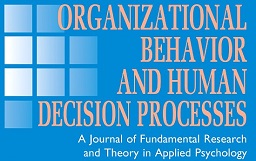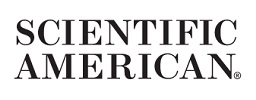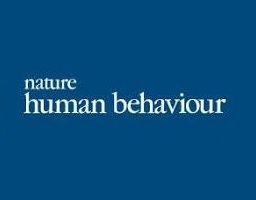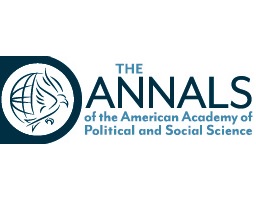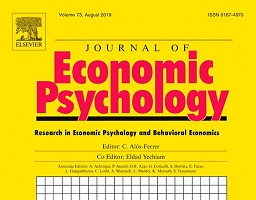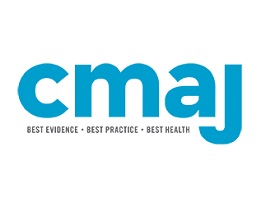Patient responses to physician disclosures of industry conflicts of interest: A randomized field experiment.
Abstract Most patients in the United States depend on physicians who have financial relationships with the healthcare industry. These physician-industry relationships represent a conflict of interest: a potential clash between the physicians’ professional responsibilities and their self-interest. We conducted a randomized field experiment to assess the impact of written disclosures of physicians’ conflict of interest […]
